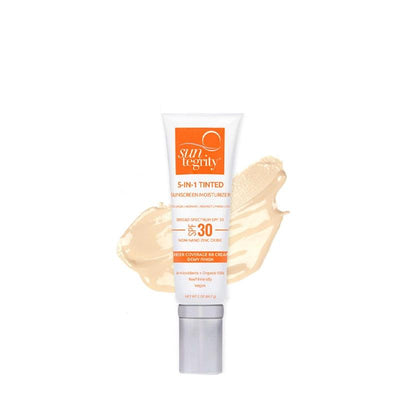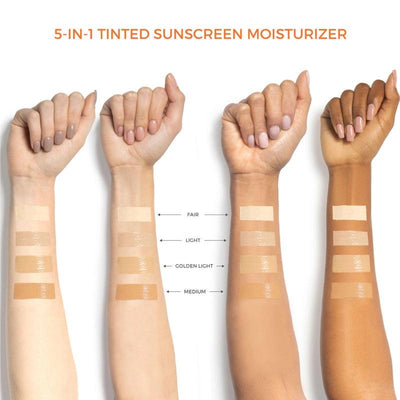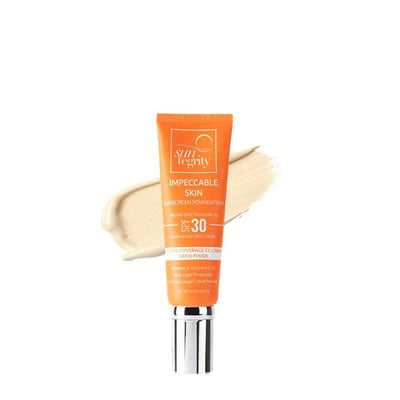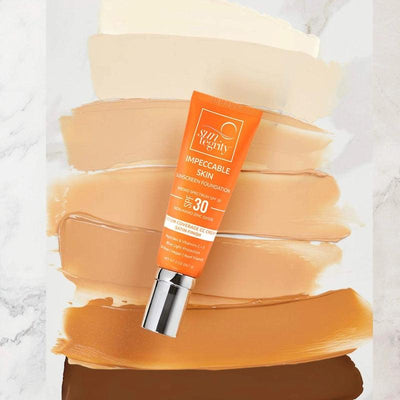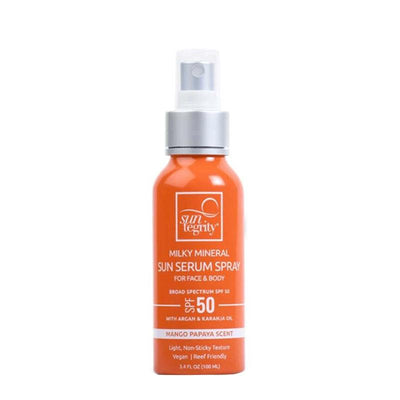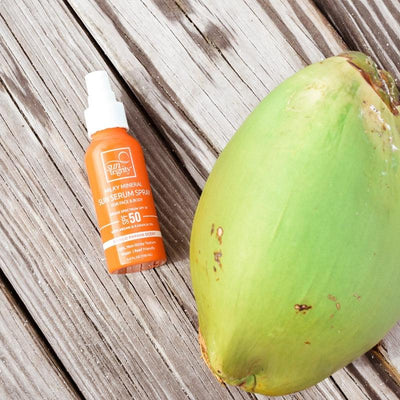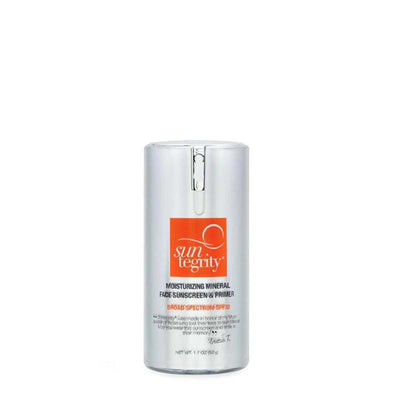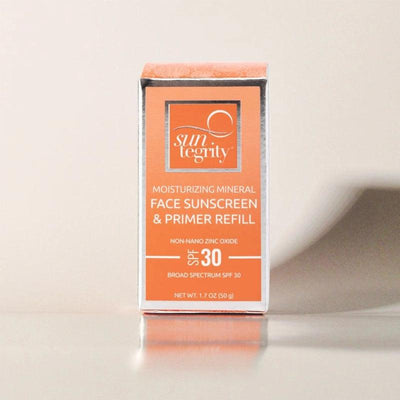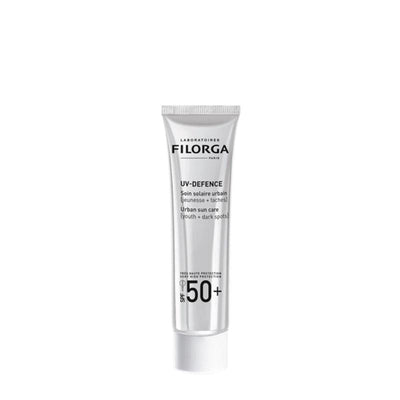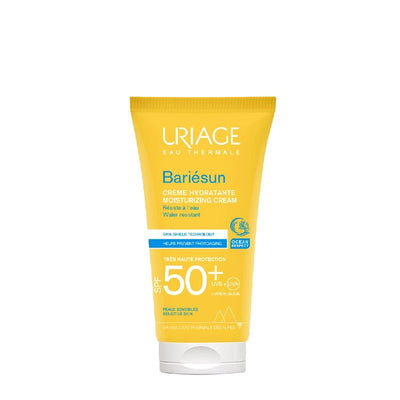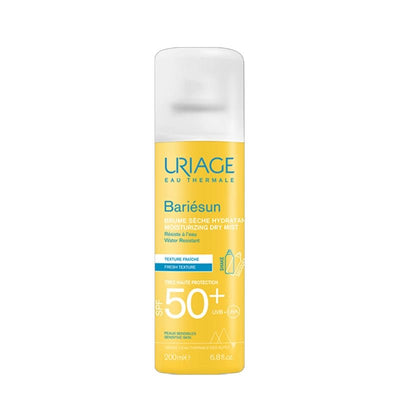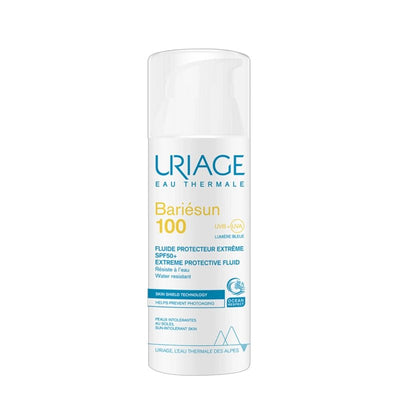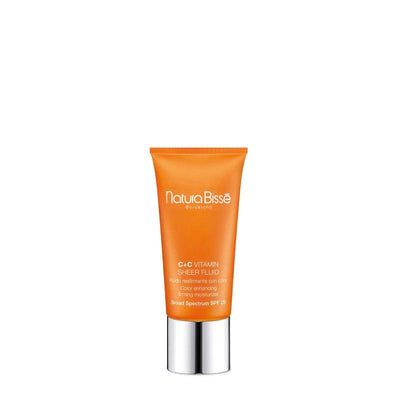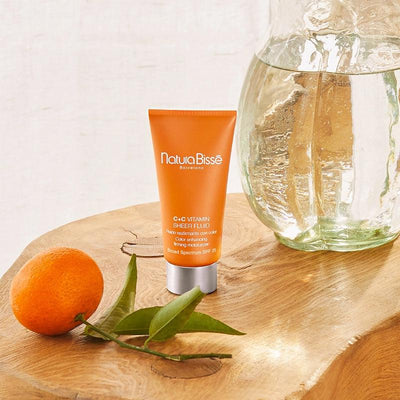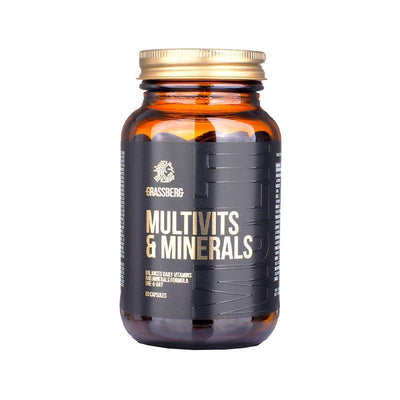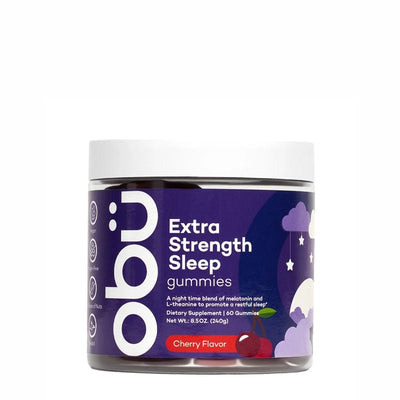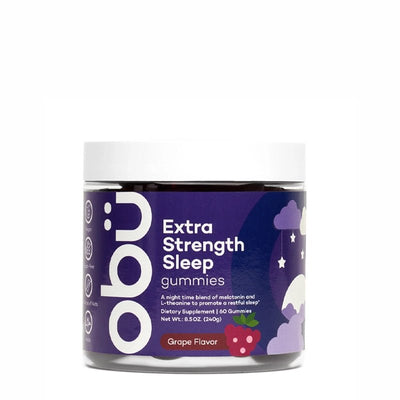SPF 30 vs SPF 50: Your Questions Answered

Choosing the right sunscreen can be confusing, especially when faced with options like SPF 30 and SPF 50. Here are answers to some common questions to help you decide which one suits your needs.
Q: What is the difference between SPF 30 and SPF 50?
A: SPF, or Sun Protection Factor, measures how well sunscreen protects your skin from UVB rays. SPF 30 blocks about 97% of UVB rays, while SPF 50 blocks about 98%. While SPF 50 offers slightly more protection, no sunscreen can block 100% of UV rays.
Q: When should I use SPF 30?
A: SPF 30 is a good option for everyday use, especially when you're indoors or spending limited time outside. It provides adequate protection for most people during regular outdoor activities, such as running errands or going for a walk.
Q: When should I choose SPF 50?
A: SPF 50 is ideal for situations where you’ll be in direct sunlight for extended periods, like spending a day at the beach, hiking, or participating in outdoor sports. It provides a bit more protection, which can be beneficial for fair skin or high UV index days.
Q: Is the difference in protection significant between SPF 30 and SPF 50?
A: The difference is small but can be meaningful in certain situations. While SPF 50 blocks about 1% more UVB rays than SPF 30, this can make a difference for people with sensitive skin, a higher risk of skin damage, or when spending long periods in strong sun.
Q: Does using a higher SPF mean I can stay in the sun longer?
A: No, regardless of SPF, sunscreen should be reapplied every two hours, or more frequently if you are swimming or sweating. SPF 50 doesn’t mean you can spend extra time in the sun without reapplying.
Q: What’s more important: SPF level or how I apply sunscreen?
A: How you apply sunscreen is more important than the SPF number. You need to apply enough sunscreen to cover all exposed areas and reapply it regularly. Even if you’re using SPF 50, applying too little or forgetting to reapply can reduce its effectiveness.
Q: What can I do if I get sunburned?
A: If you do end up with sunburn, here are some solutions to help soothe your skin:
• Cool down the skin: Apply cool compresses or take a cool bath to reduce heat and inflammation.
• Moisturize: Use aloe vera or a gentle moisturizer to hydrate your skin and reduce peeling.
• Stay hydrated: Drink plenty of water to help your skin recover faster.
• Avoid further sun exposure: Stay out of the sun until your skin heals to prevent further damage.
Mission 4: Gear Up to Swim
Decluttering your space and headspace can also be a challenge, but there are plenty of tools you can use to make the process easier. Digital decluttering tools like lists, apps and timers can help you stay organized and motivated in the decluttering process.
"Just remember, the key to effective sun protection lies in consistent application and reapplication."
Shop Now!
Mindfulness Meditation
Mindfulness meditation is a powerful tool that can help you cultivate greater awareness and presence during Ramadan. By practicing mindfulness, you can learn to be fully present in each moment and appreciate the blessings of this month more fully. This can help you develop greater gratitude and a deeper sense of connection with your mind and body.

Here are some tips for incorporating mindfulness meditation into your Ramadan routine:
1. Start your day with a short meditation. Set aside five to ten minutes each morning to sit in silence and focus on your breath. This will help you start your day with a sense of calm and inner peace.
2. Practice mindful eating. When you break your fast each evening, take a few moments to reflect on your and savor each bite of food. Pay attention to the tastes, textures, and smells of the food, and eat slowly and mindfully.
3. Take a break from technology. During Ramadan, try to limit your use of technology and social media. Instead, spend more time in nature, reading Quran, or engaging in other spiritual practices.
4. Practice gratitude. Each day, take a few moments to reflect on the blessings in your life and express gratitude for them. This will help you cultivate a sense of contentment and inner peace.

At Waha Lifestyle, we offer a range of products that can support your mindfulness practice during Ramadan. Our mindfulness journals, for example, offer prompts and exercises to help you reflect on your thoughts and emotions throughout the month. We also offer aromatherapy products to help create a peaceful and calming atmosphere for your practice.
Tips on how to choose your Ramadan Gifts:
- Consider the recipient's interests:
- Choose something useful:
- Think about the occasion:
- Personalize the gift:
- Keep it within your budget:
When selecting a Ramadan gift, it is essential to consider the recipient's interests. Do they enjoy reading? A mindful journal will do.
Selecting something practical that the recipient can use during Ramadan can be an excellent option. For example, a water bottle for when they break their fast could be useful.
Consider the occasion for gift-giving. For example, if it is for Eid, you may want to choose something more celebratory. If it is for the start of Ramadan, consider a gift that will aid in spiritual reflection.
Personalizing a gift with a message or the recipient's name is a great way to make it extra special. Have it with our Waha Lifestyle gift baskets.
Gift-giving during Ramadan should be a thoughtful gesture, but it is important to keep it within your budget. Consider setting a budget for the gifts to ensure that you do not overspend.

"Mindfulness is both a state of being and a daily spiritual practice, a form of meditation."
- David Richo


